Rhodium acetate CAS:42204-14-8
Rhodium acetate is commonly used as a catalyst in various organic transformations. It has been employed in the synthesis of complex organic molecules, including pharmaceutical intermediates and fine chemicals. Its catalytic activity is particularly valuable in promoting carbon-carbon and carbon-heteroatom bond-forming reactions, as well as oxidation and reduction processes. The compound's ability to facilitate selective and efficient transformations makes it a crucial tool in the development of new synthetic methodologies.
In addition to its role in organic synthesis, rhodium acetate is utilized in the production of specialty materials and advanced compounds. It is employed in the preparation of functional materials, such as catalysts and nanomaterials, which have applications in diverse fields including materials science, chemical engineering, and environmental technology. Furthermore, the compound is studied for its potential use in the development of new materials with tailored properties, contributing to advancements in various technological applications.
Rhodium acetate also plays a role in academic and industrial research, where it is utilized in studying chemical reactions, catalytic mechanisms, and the development of new catalytic systems. Its unique properties and reactivity make it a valuable tool in the exploration of new chemical processes and the advancement of catalysis research.
In summary, rhodium acetate is a versatile compound with applications in organic synthesis, materials science, and research. Its catalytic capabilities and potential in the development of functional materials make it a valuable asset in the advancement of chemical and materials research, contributing to the development of new synthetic methodologies and materials with tailored properties.
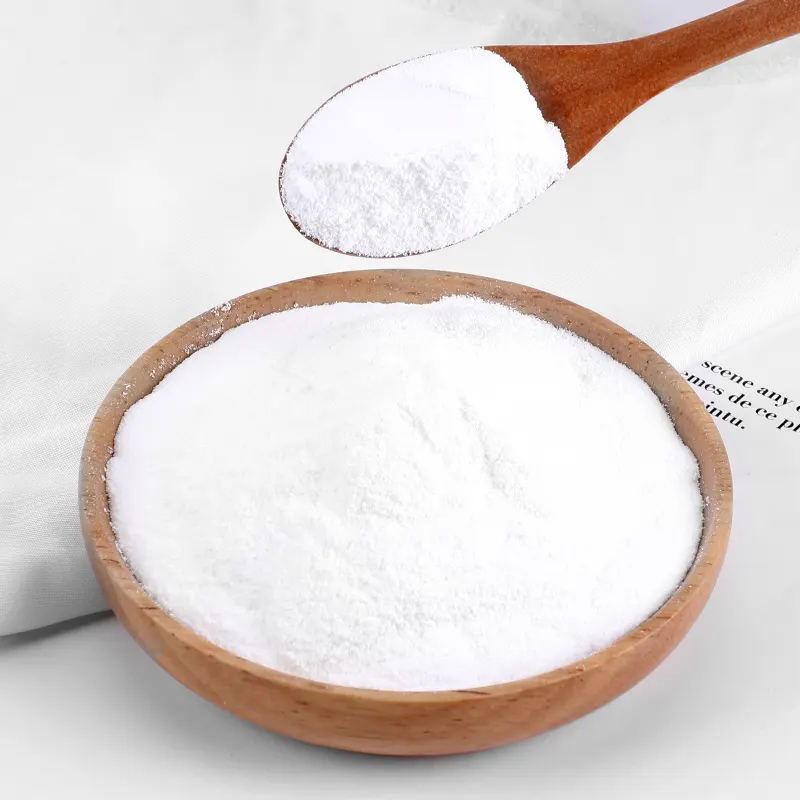
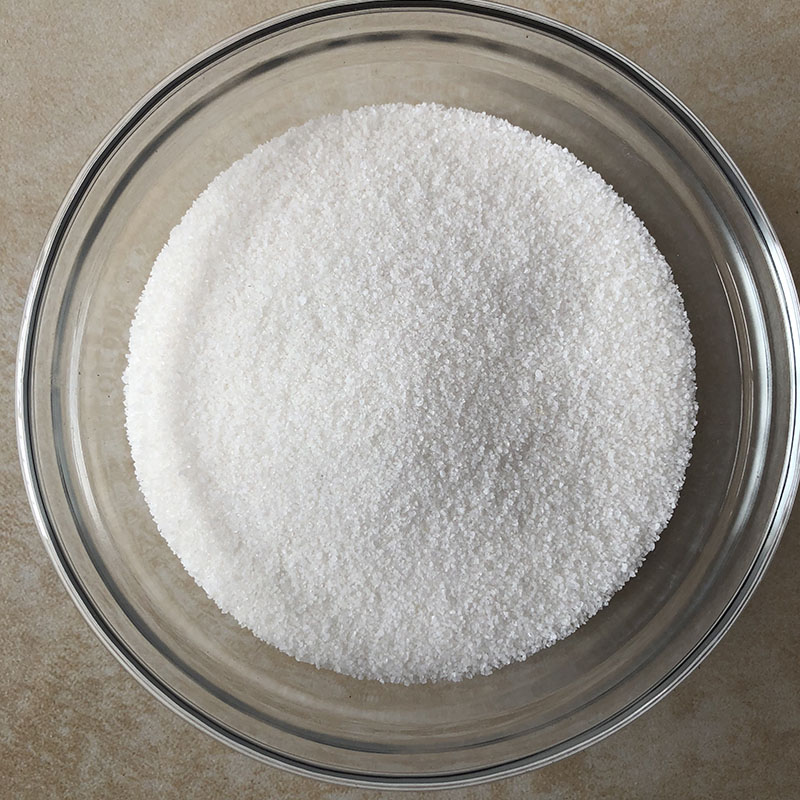

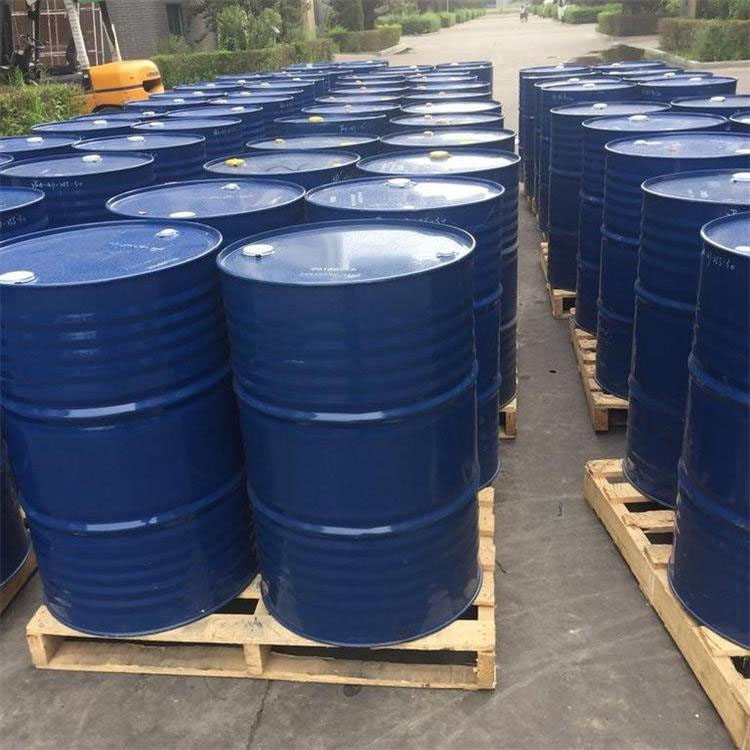

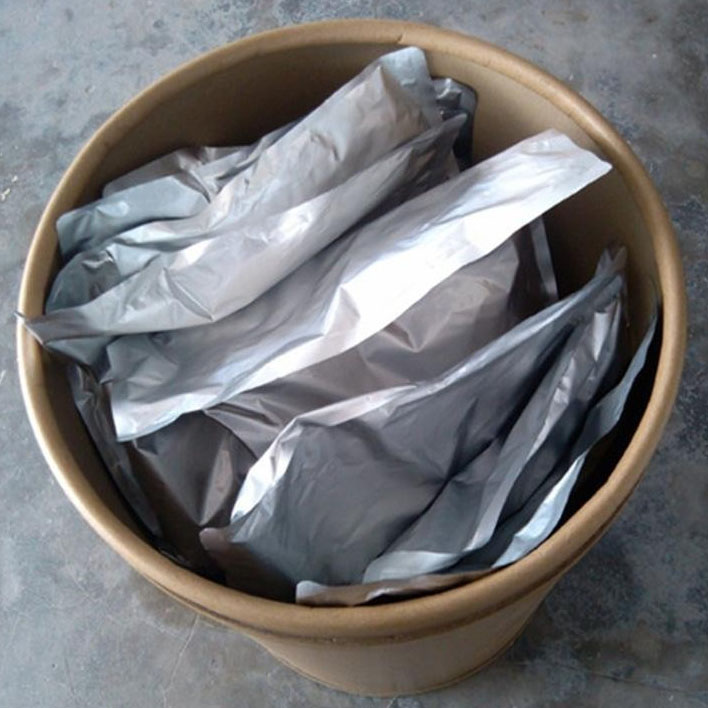
| Composition | C6H9O6Rh |
| Assay | 99% |
| Appearance | White power |
| CAS No. | 42204-14-8 |
| Packing | Small and bulk |
| Shelf Life | 2 years |
| Storage | Store in cool and dry area |
| Certification | ISO. |


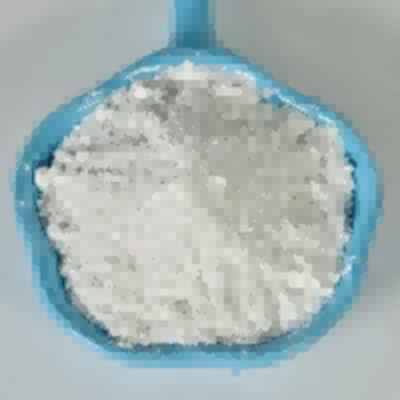

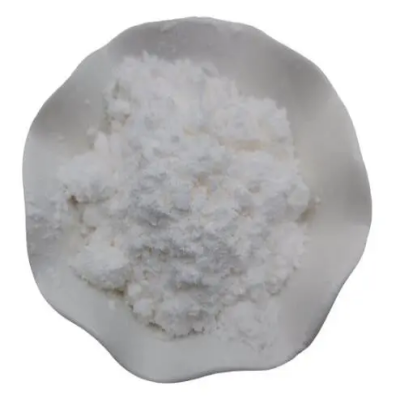
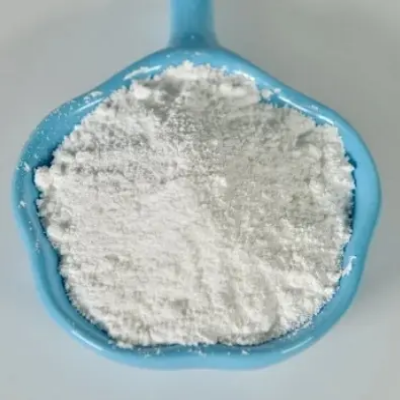
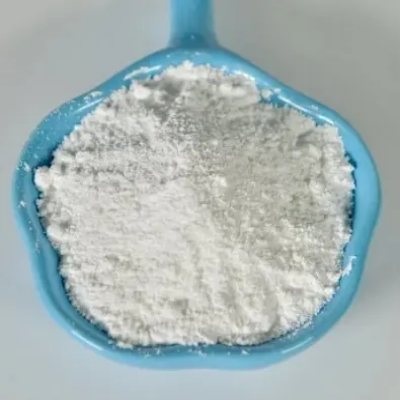
![4-[4-[(5S)-5-(Aminomethyl)-2-oxo-3-oxazolidinyl]phenyl]-3-morpholinone hydrochloride CAS:898543-06-1](https://cdn.globalso.com/xindaobiotech/7LVCT9VXBEN4TVS1KO0M49.png)

